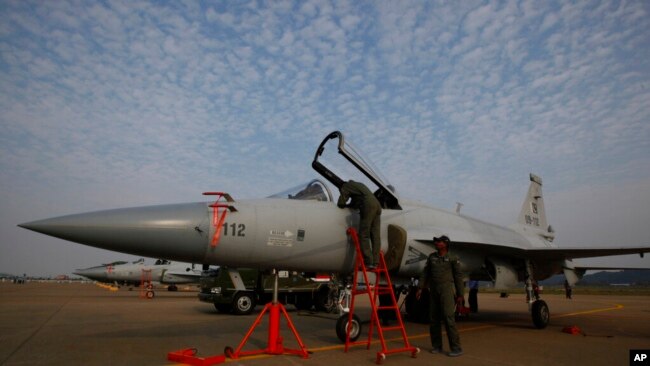
Eyes in Beijing and Moscow are trained on Central Asia, prompted by the Taliban takeover of Afghanistan.
The security threat in Afghanistan and the desire to shut off Central Asia from other powers, such as the U.S., is motivating Beijing and Moscow to cooperate and gloss over their differences, according to Emil Avdaliani, director of Middle East Studies at Georgian think tank Geocase.
While China is the economic power in the Central Asian region, Russia plays more of a role as security guarantor, according to Avdaliani.
Main security backer
Moscow has been the dominant security partner for the countries within the Russia-led Collective Security Treaty Organization framework and has been the largest supplier of arms. Russia remains the main security backer of Central Asia, accounting for 62 percent of the regional arms market, while its economic dominance dropped from 80 percent of the region’s total trade in the 1990s ($110 billion) to just two-thirds that of Beijing ($18.6 billion).
Beijing’s arms transfers through donations and sales to the regional countries, such as Kazakhstan, Kyrgyzstan, Turkmenistan, Uzbekistan and Tajikistan, were modest until 2014. Since that year, China has ramped up arms transfers to the region, according to a Wilson Center report this year.
China built its Tajik military outpost in 2016, with facilities in the country’s mountainous Gorno-Badakhshan province near the Afghan border.

Other bordering nations
In addition to Russia, China has cooperated with Pakistan and Iran, countries that border Central Asia, and have economic, security or political interests in that region.
Another regional power is India, which, like China, aims to maintain security in Afghanistan. India worries about a spillover of the insurgency into the disputed territory of Kashmir, which borders Afghanistan.
“Beijing is clearly the dominant power in Central Asia, with India likely to lose some of the influence it used to enjoy over Kabul as a result of the substantial aid it provided before the U.S. withdrawal,” said Alexander Cooley, director of the Harriman Institute at Columbia University.
The grouping, also known as the QUAD, is a strategic dialogue among the United States, India, Japan and Australia that involves coordination and cooperation among the member countries, all of which have strained relationships with China.
China-Russia security agenda
Beijing’s and Moscow’s security agendas are complementary, according to Cooley, and can be mutually accommodated because each views the region as key to its own security, and neither wishes for the United States to return.
“Russia is concerned about potential instability on Central Asian borders, maintaining security cooperation with the Central Asian states and curbing the influx of refugees into Eurasia,” Cooley told VOA. “China is primarily concerned with ensuring that the Taliban clamp down on Uyghur groups residing near the border and securing the Afghan and Tajik borders with Xinjiang.”
Russia may not be happy, though, Cooley said, about China’s recently increased security footprint in Central Asia — including the military facility in Tajikistan, expanded military exercises with the Central Asian states, surveillance technologies “transferred” to Central Asian cities and increased activities by Chinese private security companies to help protect Belt and Road Initiative infrastructure projects.
“But the two countries have every reason to reject talk of ‘competition’ and emphasize their joint opposition to U.S. hegemony and the U.S.-led liberal international order,” Cooley underscored.
-voanews.com